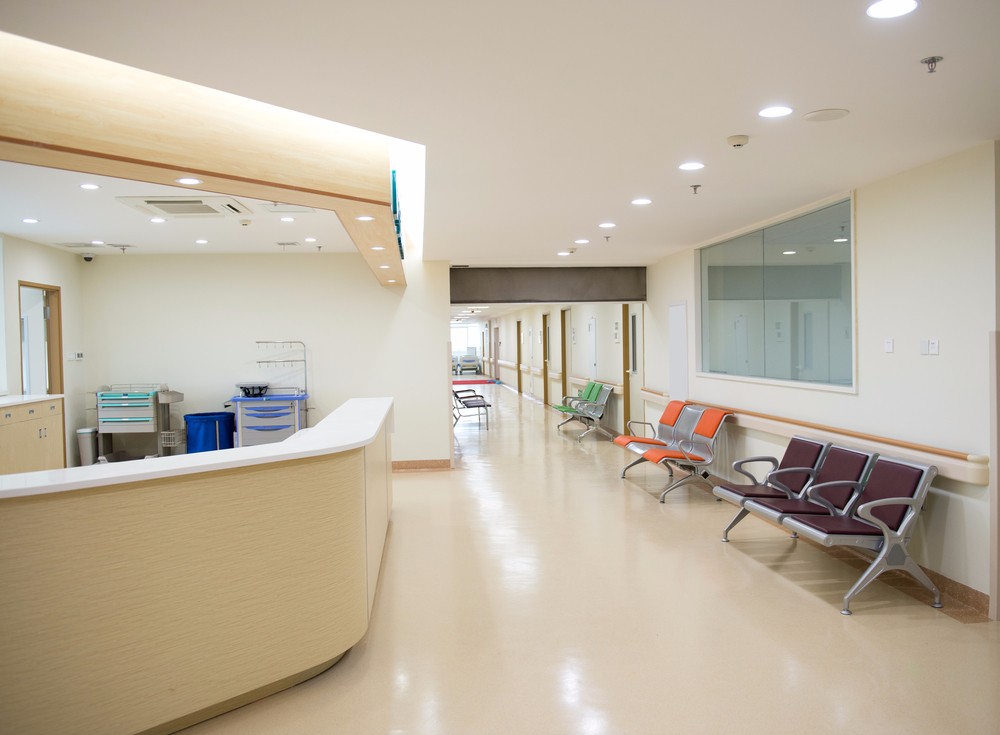Healthcare with Confidence
The main diagnostic procedures in urology and urogynecology are cystoscopy, cytology, urodynamics.
The need for such a diagnosis will be determined at the doctor consultation in Israel.
Cystoscopy
Cystoscopy is an ambulatory procedure which is often performed on patients who complains of symptoms such as blood in the urine (hematuria), urinary frequency, urgency.
During a cystoscopy, a flexible tube (cystoscope) is inserted into the bladder through the urethra. Fiber-optic cables allow the physician to visually inspect the structures of the urinary tract and bladder. In addition, a variety of surgical instruments can be inserted using the cystoscope to obtain fluid or tissue samples, for laboratory testing, and for performing diagnostic or therapeutic procedures.
The purpose of diagnosis is to detect abnormalities of the urethra and bladder, including inflammation, tumors, stones, or narrowed passages (stenosis), determine the cause of urinary incontinence, dysfunction, or recurrent urinary tract infections, obtain samples of fluids or tissues from the lower urinary tract, perform treatment, such as removal of stones, placement of a catheter or stent, draining the ureters, transurethral resection of the prostate (TUR – removal of excess tissue from the inside of an enlarged prostate in men (benign prostatic hyperplasia or BPH).
Cystoscopy for diagnostic purposes can usually be performed under local anesthesia. However, general or spinal anesthesia may be performed if tissue biopsy or therapeutic measures (such as TUR or stone removal) are required. The procedure is contraindicated for urinary tract infections.
The procedure usually takes about 5 to 10 minutes.
Urodynamics
Urodynamic testing is used to assess lower urinary tract function in people who have urinary problems and helps determine the exact cause of urinary incontinence.
Urodynamic examination in Israel:
UROFLOWMETRY
Uroflowmetry is a simple, non-invasive test that uses an electronic recorder to measure the flow rate of urine. If the speed is slow, it may indicate an urinary tract obstruction.
CYSTOMETRY
Cystometry (or cystometrogram) involves injecting fluid through a catheter into the bladder and assessing the function of the muscles and nerves in the bladder. This test measures parameters such as the pressure in the bladder, the sense of urgency (which the patient feels when the bladder is full), and the strength of the muscle contractions in the bladder wall.
The urethral pressure profile is sometimes performed as part of cystometry, where a special probe is used to measure pressure along the urethra, or the canal through which urine flows out of the bladder and out of the body. This helps to determine if there are any obstructions in the passage of urine.
Studies of the flow pressure in the bladder and the flow rate of urine during urination are determined using a recorder placed in the bladder, and in some cases, in the rectum. High pressure with low urine flow indicates obstruction; low pressure with low flow indicates a problem in the bladder itself, such as nerve or muscle dysfunction.
ELECTROMYOGRAPHIC EXAMINATION OF THE BLADDER
Used to assess the function of the external sphincter of the bladder and pelvic floor, as well as to control the flow of urine from the bladder. Several sensors, or electrodes, record the electrical activity of these muscles at rest, during contraction, and during urination. These tests are usually performed concurrently with cystometry and flow pressure testing.
Additional tests
For a more detailed study, in complicated cases, or when standard tests do not give satisfactory results, X-ray diagnostics is used. Instead of liquid (saline), the bladder is filled with a liquid contrast agent, which appears in X-rays and outlines the bladder and urethra on a screen.
Before uroflowmetry, it is recommended not to urinate for several hours, and to increase fluid intake so that the bladder fills up for the test.
During the procedure, patient must urinate in a special room with a device that urinates.
The test takes up to 10 minutes.
Where tests are performed in Israel?
We coordinate urodynamics, cytology, cystoscopy tests as directed by the leading physician.
As a rule, the doctor prescribes such procedures in one of the leading Israeli hospitals, where there are the necessary conditions and equipment for diagnosing your disease. This may be the Assuta Medical Center, Ramat Aviv, Ichilov, Sheba, Beilinson (depending on the direction of the specialist).
We provide and will ensure the prompt coordination of cystoscopy and urodynamic tests in Israel, as well as transfer to the hospital, oral and written translation and timely receipt of results.



